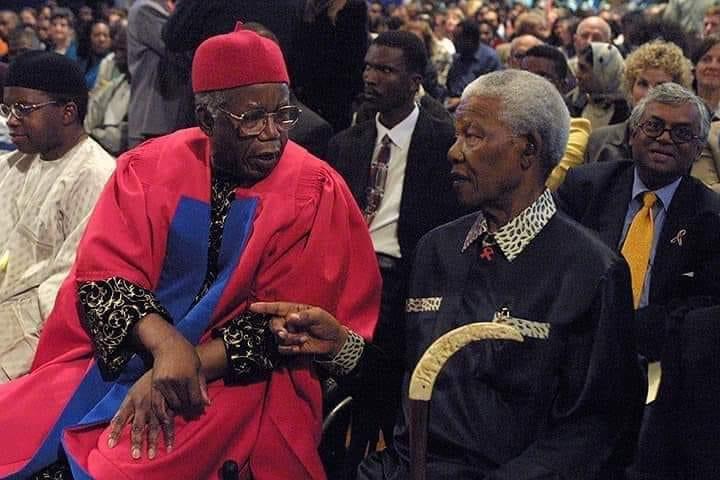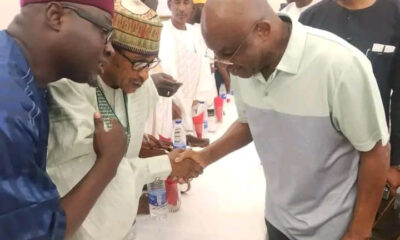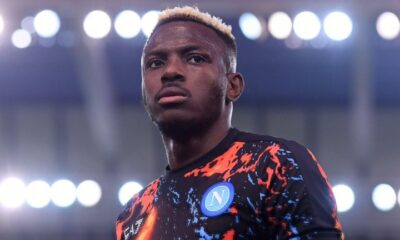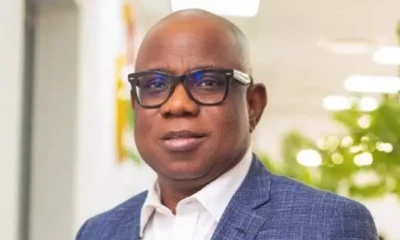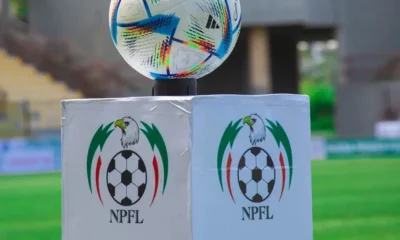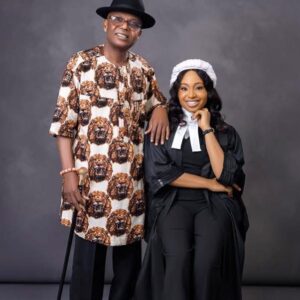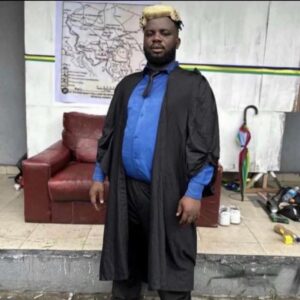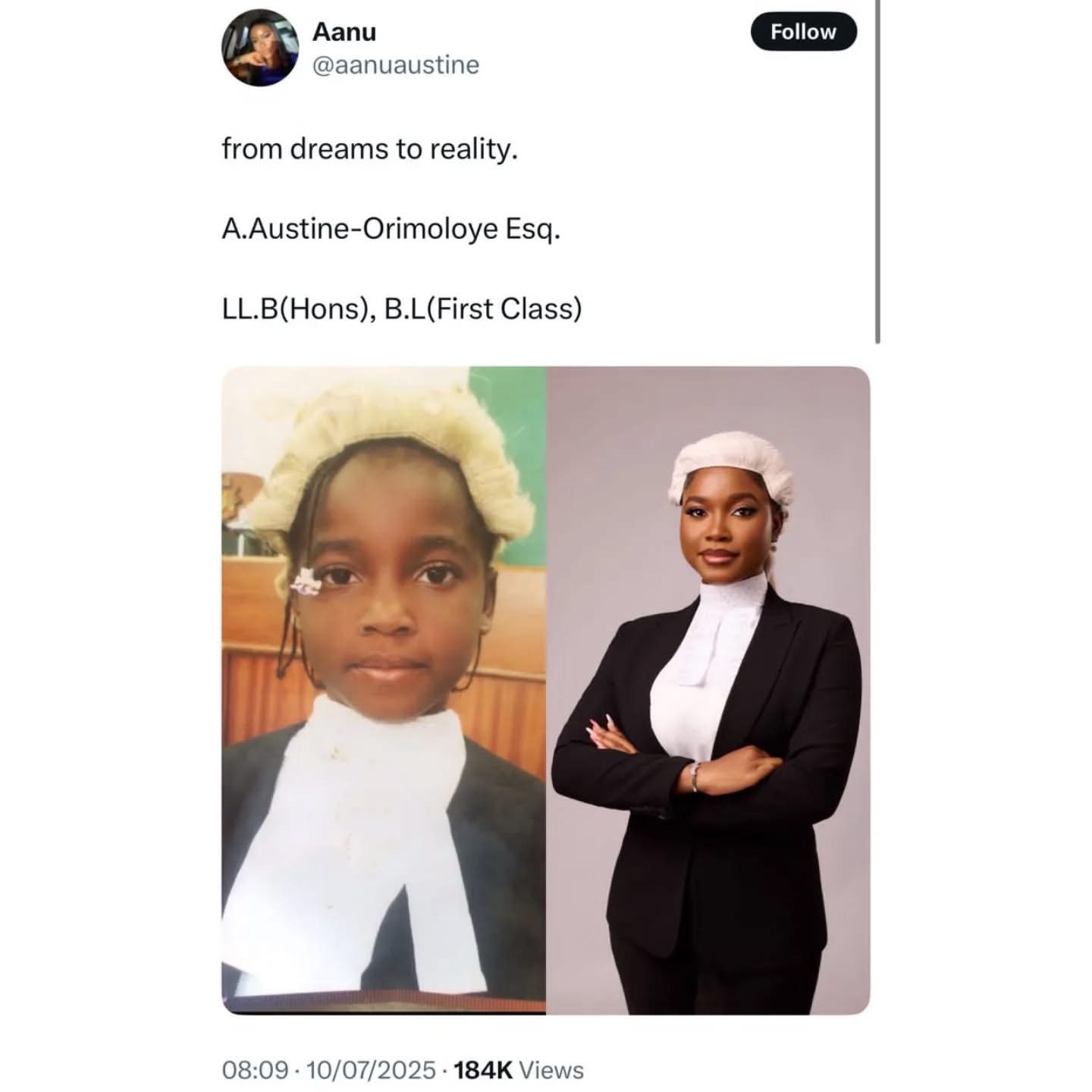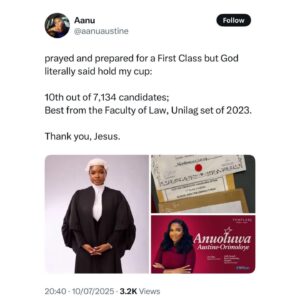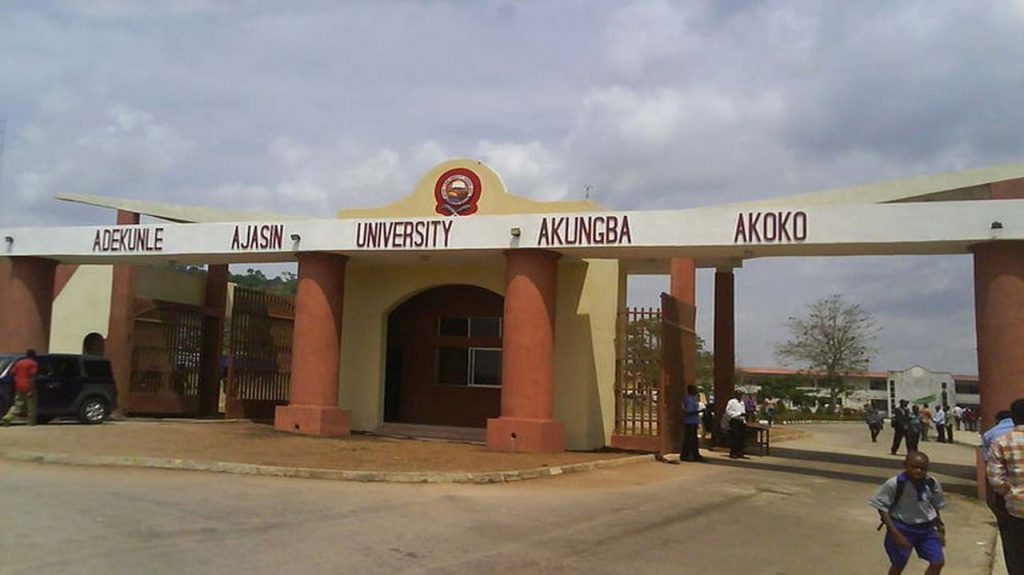Chinua Achebe, the father of African literature?
“For many people all around the world, Chinua Achebe was their first African writer”
-Kwame Anthony Appiah
There is a report that Prof. Soyinka just repeated his stance about Achebe not being “the father of Africa literature.”
Well, we all could remember that just few weeks after Achebe’s demise, Soyinka had this to say; “Chinua himself repudiated such a tag—he did study literature after all, bagged a degree in the subject…Those who seriously believe or promote this must be asked: have you the sheerest acquaintance with the literatures of other African nations, in both indigenous and adopted colonial languages? What must the francophone, lusophone, Zulu, Xhosa, Ewe literary scholars and consumers think of those who persist in such a historic absurdity?”
He maybe right there. That’s his opinion. Just like everyone else has their own.
Of course, I have my own opinion on this issue but will mostly be sighting the opinions of great minds and institutions on the place of Achebe in African literature.
I think it was Noble Laureate Nadine Gordimer, the South African author that first called Achebe “the father of African literature when in 2007 he won the Man Booker International Price.
Writing on this issue, Kwame Appiah would say; “It would be impossible to say how “Things Fall Apart” influenced African writting. It would be like asking how Shakespeare influenced English writers or how Pushkin influenced Russians.”
Ainehi Edoro, a Nigerian from Akure and a professor of Global Black Literature at University of Wisconsin-Madison, writing in the Brittle Paper, an online literary magazine for readers of African Literature, had this to say on the topic; “The first mistake that Soyinka makes.. is taking the idea of “the father” or “the inventor” way too literally.
Achebe is the father of African literature only in a metaphorical sense.
No one is saying that Achebe was physically present when African literature came into being—like he was some kind of god who stood before the expanse of Africa’s literary nothingness and said “let there be African literature, and then there was African literature.” She continued; “Before Achebe, if you were black and you were African, the world most likely did not see your work as literary.
They would evaluate your work as folklore, myth, or things that should interest an anthropologist, but not literature. This affected the way African writing was circulated globally.
Instead of African fiction to be reviewed by the New York Times or shelved alongside Franz Kafka and Virginia Woolf, it was published by religious presses and reviewed in anthropological journals.
Things began to change in a big way after the global success of Things Fall Apart. It took a novel like Things Fall Apart for the global literary market, readership, and literary institution to see African writers the same way they saw Virginia Woolf or James Joyce or William Shakespeare—people writing things called literature and not myth, or folklore or historical documents or anthropological texts.”
Simon Gokandi, a Kenyan, Chair, Department of English, Class of 1943 University Professor of English at Princeton University has this to say; “Achebe is the man who invented African literature because he was able to show… that the future of African writing did not lie in the simple imitation of European forms but in the fusion of such forms with the oral tradition.”
As the founding editor of Heinemann’s African Writers Series from 1958, Achebe was managing editorial operations and the refinement of books published under this label.
Under Achebe’s editorship, many of the great literary works of great African minds and leaders went through him and this includes Ngũgĩ wa Thiong’o, Keneth Kaunda, Leopold Senghor, Kwame Nkuruma, Flora Nwakpa, Aluko T. M, Ekwensi Cyprian, Ferdinand Léopold Oyono, La Guma Alex, John Munonye and many more.
After Achebe left Heinemann’s in 1972 works of people like Mandela, Soyinka and Obasanjo also came to Heinemann’s.
It’s not just for his great books that Achebe is called by many all over the world “The father of African Literature” but also for his person and his overall contribution to the development of African Literature.
Perhaps that was why while writing in The New Yorker, Philip Gourevitch, an American author and journalist and a longtime staff writer for The New Yorker has this to say; “the fact that [Achebe] must be remembered as not only the father but the godfather of modern African literature owed at least as much to the decades he spent as the editor of Heinemann’s African Writers Series.”
Ngugi wa Thiongo would say; “There’s hardly any African writer of my generation who has not been mistaken for Chinua Achebe. Every African novel became Things Fall Apart, and every writer some sort of Chinua Achebe.
He never bragged about it, even refusing the unofficial title of father of African literature.” Writing in his tribute to Chinua Achebe, Ngugi also said that Soyinka agreed that he had been mistaken for Achebe in many occasions by so many in many country.
Certainly, it made not little sense when Mandela told Achebe what his novels brought to him among all the African literature he had while in prison: “There was a writer named Chinua Achebe in whose company the prison walls fell.”

 Politics9 months ago
Politics9 months ago
 Trending9 months ago
Trending9 months ago
 Politics9 months ago
Politics9 months ago
 Politics9 months ago
Politics9 months ago
